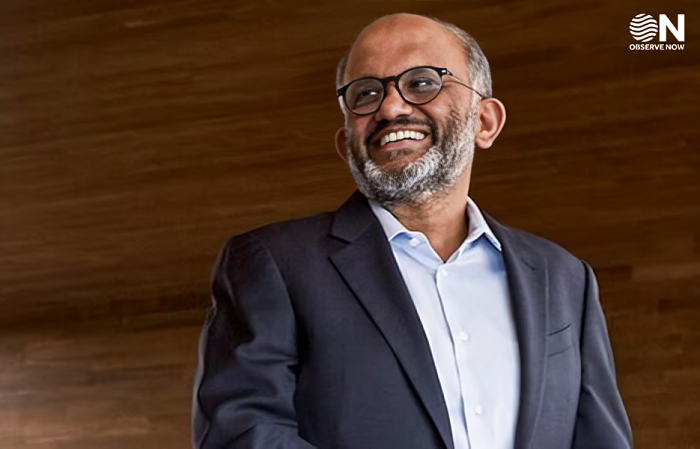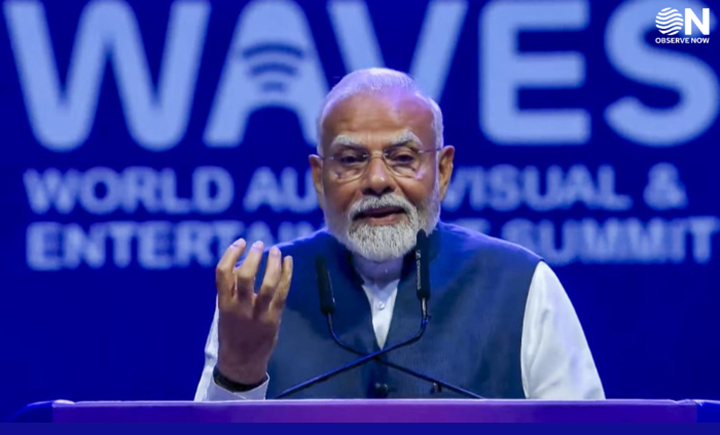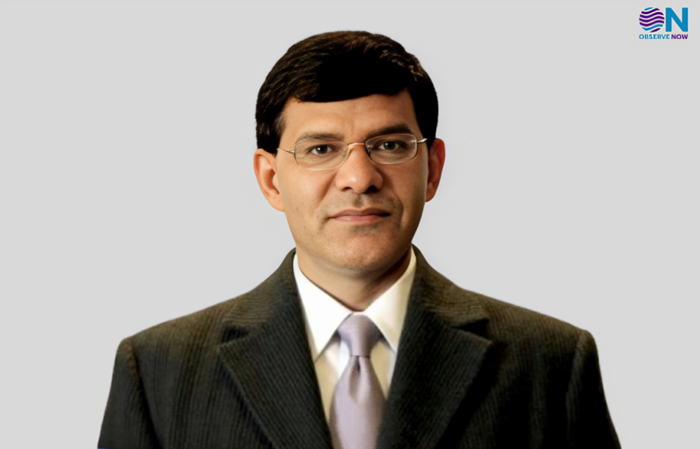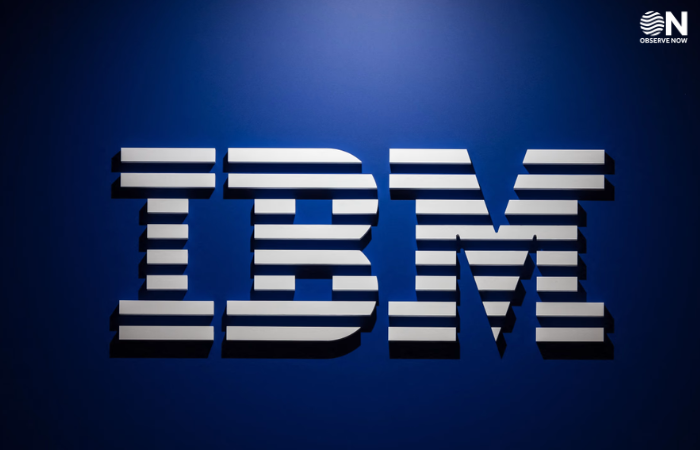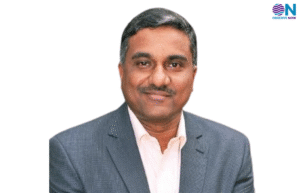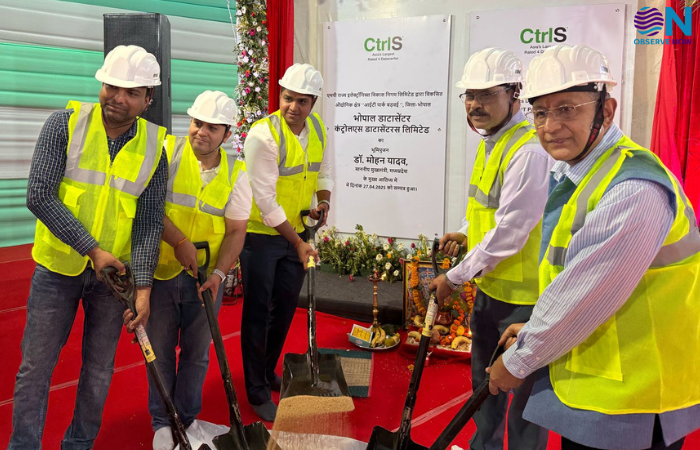Creativity poised to drive India’s economic future, says Adobe CEO Shantanu Narayan
Global tech major, Adobe’s CEO Shantanu Narayan at the WAVES Summit said “Creativity, and not software code, will be the main driver of India’s economy in the future”. He highlighted the transformative potential of Artificial Intelligence in enhancing human imagination and facilitating the creation of new business models.
Narayan noted that AI can supercharge creativity by offering new tools and perspectives, allowing individuals to explore ideas in unprecedented ways. He asserted that India’s next economic expansion will be rooted in creativity, given the vast opportunities AI unlocks. By training AI models on Indian cultural, linguistic, and historical data, the country has the chance to establish new forms of digital sovereignty.
During his address, Narayen announced Adobe’s initiative to provide free access to its digital creativity tools to over 20 million Indians and 500,000 teachers, aiming to foster digital creativity across the nation. He also mentioned a partnership with Tata Consultancy Services to launch an AI-powered Creative Experience Studio (ACES) tailored for the Indian market, targeting both businesses and public sector enterprises.
Highlighting the burgeoning creator economy, Narayen pointed out that India hosts over 100 million content creators, with a 10% annual growth in freelance creators and small design studios over the past decade. He emphasized that the creation and consumption of content are exploding, driven by the increasing number of platforms and channels. He believes that the next unicorns will not be applications but creators and artists. He stressed the importance of AI in accelerating and expanding the creative process across ideation, creation, and production. AI is revolutionizing production by enabling hyper-localized and personalized content tailored to India’s diverse audience in real-time, supporting creators in meeting the growing demand across industries like Bollywood, regional cinema, and marketing campaigns.
India’s leadership in mobile infrastructure and digital payments positions it well to imagine and foster new business models. Narayen highlighted that startups can rapidly prototype, test, and scale innovative solutions tailored to local and regional needs using AI. He also mentioned that India’s vast outsourcing industry has the opportunity to evolve by creating new AI-driven workflows and building AI agents.
In conclusion, Narayen’s vision places creativity at the heart of India’s economic trajectory, with AI serving as a powerful enabler. By investing in digital literacy and fostering an environment that nurtures creative talent, India can harness its cultural richness and technological advancements to drive sustainable economic growth.


